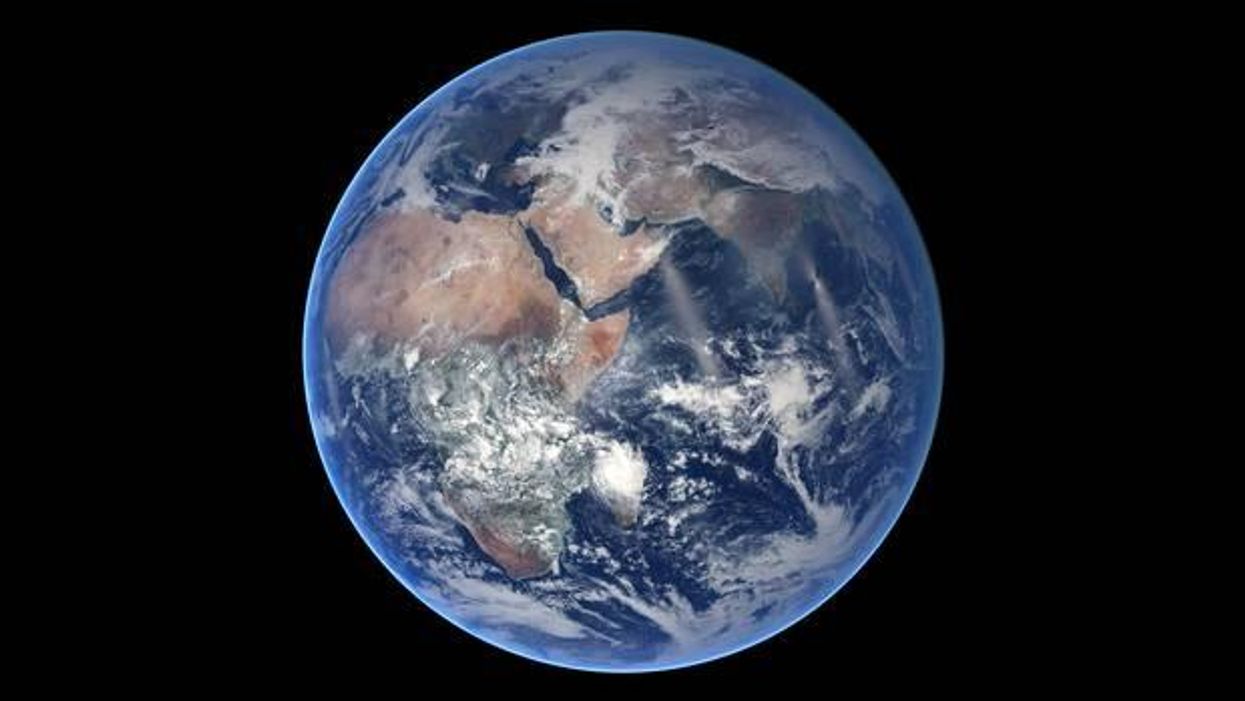News
Evan Bartlett
Jan 22, 2015

Human activity has pushed the planet towards a "danger zone" after crossing four of nine environmental boundaries within which we can develop and thrive.
New research published in the journal Science suggests that climate change, biodiversity loss, changes in land use, and altered biogeochemical cycles (partly from fertiliser use) have fundamentally changed how the planet functions.
Passing these boundaries makes the planet more inhospitable and "destabilises complex interactions between people, oceans, land and the atmosphere," according to the Thomson Reuters Foundation.
Speaking to the foundation, Johan Rockstrom, one of the study's authors from Stockholm University, explained that humanity is at a point where it may start to see "abrupt and irreversible changes due to climate change".
For the first time in human history, we need to relate to the risk of destabilising the entire planet.
Just because we are not seeing a collapse today doesn’t mean we are not subjecting humanity to a process that could lead to catastrophic outcomes over the next century.
- Johan Rockstrom
Thankfully the five other boundaries that have been identified - ozone depletion, ocean acidification, freshwater use, microscopic particles in the atmosphere and chemical pollution - have not yet been crossed.
More: This six-second video of the Earth is mesmerising
More: These are the countries most at risk from a climate change 'apocalypse'
Top 100
The Conversation (0)













